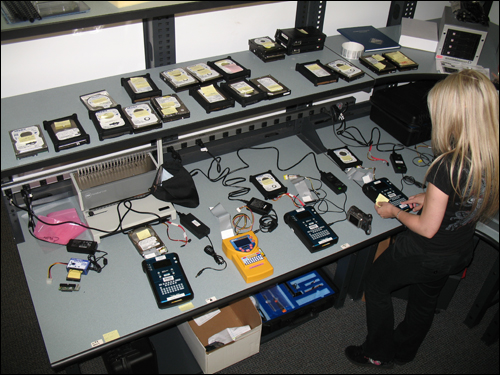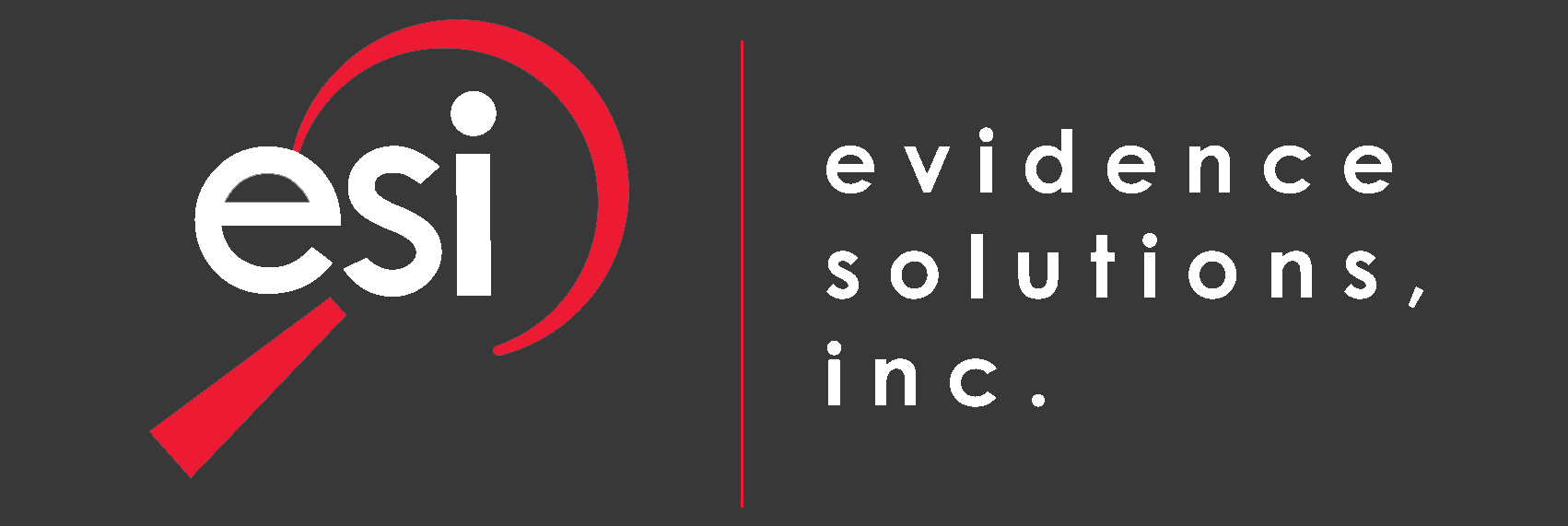The Federal Bureau of Investigation’s Internet Crime Complaint Center (IC3) and the Department of Homeland Security (DHS) have recently received complaints regarding a ransomware campaign using the name of the DHS to extort money from unsuspecting victims.

In May 2012, the IC3 posted an alert about the Citadel malware platform used to deliver ransomware known as Reveton. The ransomware directs victims to a download website, at which time it is installed on their computers. Ransomware is used to intimidate victims into paying a fine to “unlock” their computers. The ransomware has been called “FBI Ransomware” because it frequently uses the FBI’s name including the names of FBI programs such as InfraGard and IC3. Similar ransomware campaigns have used the names of other law enforcement agencies such as the DHS.
As in other variations, the ransomware using the name of the DHS produces a warning that accuses victims of violating various U.S. laws and locks their computers. To unlock their computers and avoid legal issues, victims are told they must pay a $300 fine via a prepaid money card.
This is not a legitimate communication from law enforcement but rather is an attempt to extort money from the victim. If you have received this or something similar, do not follow the instructions in the warning and do not attempt to pay the fine.
It is suggested that you:
Contact a reputable computer expert to assist with removing the malware.
File a complaint at www.IC3.gov.
Keep operating systems and legitimate antivirus and antispyware software updated.
About IC3:
The IC3 was established as a partnership between the Federal Bureau of Investigation (FBI) and the National White Collar Crime Center (NW3C) to receive Internet-related criminal complaints and to further research, develop, and refer the criminal complaints to federal, state, local, or international law enforcement and/or regulatory agencies for any investigation they deem to be appropriate. The IC3 was intended, and continues to emphasize, serving the broader law enforcement community to include federal, as well as state, local, and international agencies, which are combating Internet crime and, in many cases, participating in Cyber Crime Task Forces.
Since its inception, the IC3 has received complaints crossing the spectrum of cyber crime matters, to include online fraud in its many forms including Intellectual Property Rights (IPR) matters, Computer Intrusions (hacking), Economic Espionage (Theft of Trade Secrets), Online Extortion, International Money Laundering, Identity Theft, and a growing list of Internet facilitated crimes. Since June 2000, it has become increasingly evident that, regardless of the label placed on a cyber crime matter, the potential for it to overlap with another referred matter is substantial. Therefore, the IC3, formerly known as the Internet Fraud Complaint Center (Internet Fraud Complaint Center), was renamed in October 2003 to better reflect the broad character of such matters having an Internet, or cyber, nexus referred to the IC3, and to minimize the need for one to distinguish "Internet Fraud" from other potentially overlapping cyber crimes.

